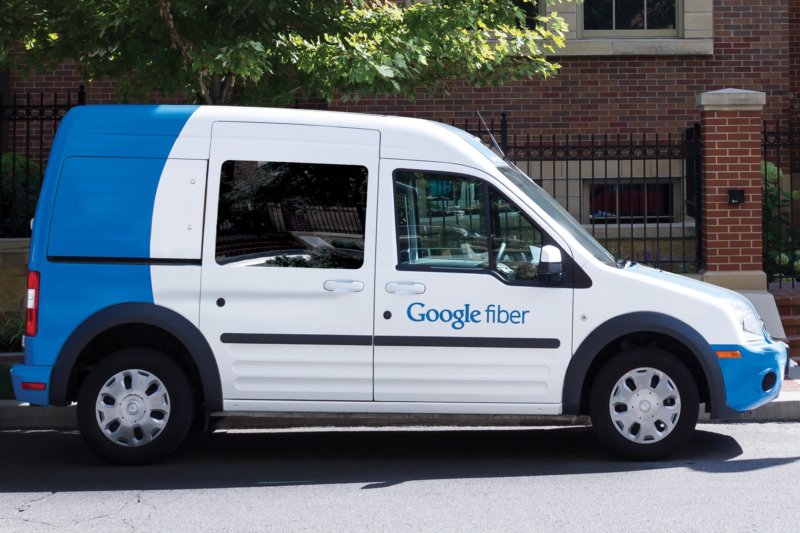
Back in October Alphabet announced that it was dramatically cutting back on its plans to expand its fiber rollout. Now the company has hired broadband veteran Greg McCray as the new CEO for Access, the division that runs Google Fiber, to steer the ISP into a new direction.
As part of the restructuring losing "hundreds" of employees and moving them to positions within Google’s key growth areas such as cloud, YouTube, and hardware. This is on top of the layoffs at Access last year after the company announced it was halting plans to expand Google Fiber to more cities.
It’s no secret that the company has been rethinking how it delivers speedy broadband access, as rolling out a fiber network is a costly endeavor. A Recode report last year says it costs Mountain View $1 billion to bring Fiber to a new market. Under the new CEO, Fiber might move forward with rumored plans to pursuing wireless broadband technologies instead, building upon its Webpass acquisition last year.
Whereas Google Fiber runs fiber optic cables to each customer’s home, which reportedly costs the company as much as $1 billion to cover a new market, Webpass beams high-speed broadband through a network of point-to-point, line of sight transmitters and receivers. Fiber is already experimenting with new wireless technologies in Kansas City and looks set to expand those experiments to other cities as well.
Despite the shift in focus Fiber will continue operations in markets where it already has a footprint.
https://www.techspot.com/news/68192-google-fiber-gets-new-ceo-sheds-more-staff.html